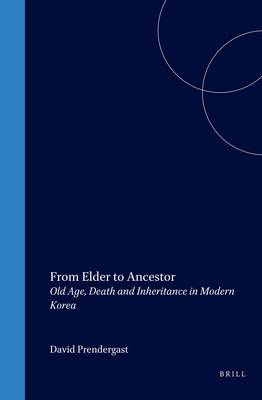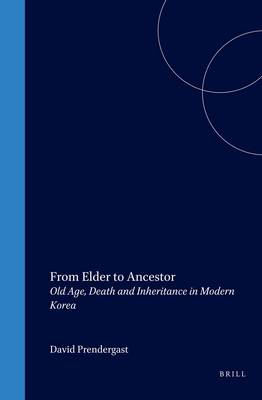
- Afhalen na 1 uur in een winkel met voorraad
- Gratis thuislevering in België vanaf € 30
- Ruim aanbod met 7 miljoen producten
- Afhalen na 1 uur in een winkel met voorraad
- Gratis thuislevering in België vanaf € 30
- Ruim aanbod met 7 miljoen producten
Zoeken
€ 180,45
+ 360 punten
Omschrijving
This insightful account of the treatment and provision for an ageing population in South Korea is based on intensive fieldwork in the county of Puan, and adds considerably to the literature in what is happening in the fusion between older Korean culture and modern Western individualism. The structure of the book revolves around an analysis of the roles of the individual and family in the evolution of a capitalist Asian society at the start of the twenty-first century. It asks what it means to grow old in modern Korea. The study also reflects the post-war history of Korea: in just two generations a hard-working and organized people have turned a war-racked and poverty-stricken country into one of the world's leading economies. In addition, Korea has shown its resilience and capacity to adjust to changing circumstances by achieving a remarkable recovery from the Asian economic crisis of the 1990s.
Specificaties
Betrokkenen
- Auteur(s):
- Uitgeverij:
Inhoud
- Aantal bladzijden:
- 208
- Taal:
- Engels
- Reeks:
Eigenschappen
- Productcode (EAN):
- 9781901903430
- Verschijningsdatum:
- 12/02/2005
- Uitvoering:
- Hardcover
- Formaat:
- Genaaid
- Afmetingen:
- 147 mm x 223 mm
- Gewicht:
- 385 g

Alleen bij Standaard Boekhandel
+ 360 punten op je klantenkaart van Standaard Boekhandel
Beoordelingen
We publiceren alleen reviews die voldoen aan de voorwaarden voor reviews. Bekijk onze voorwaarden voor reviews.







